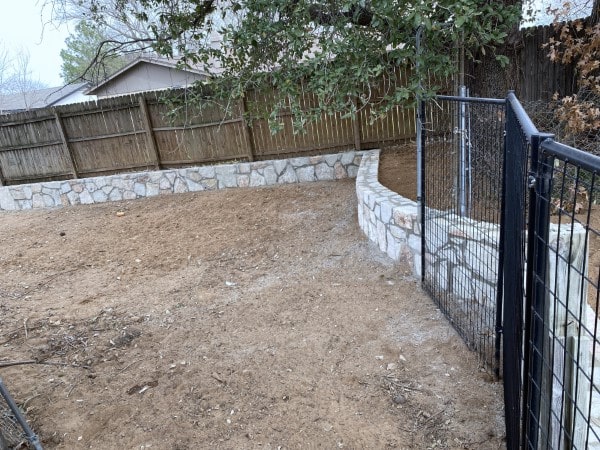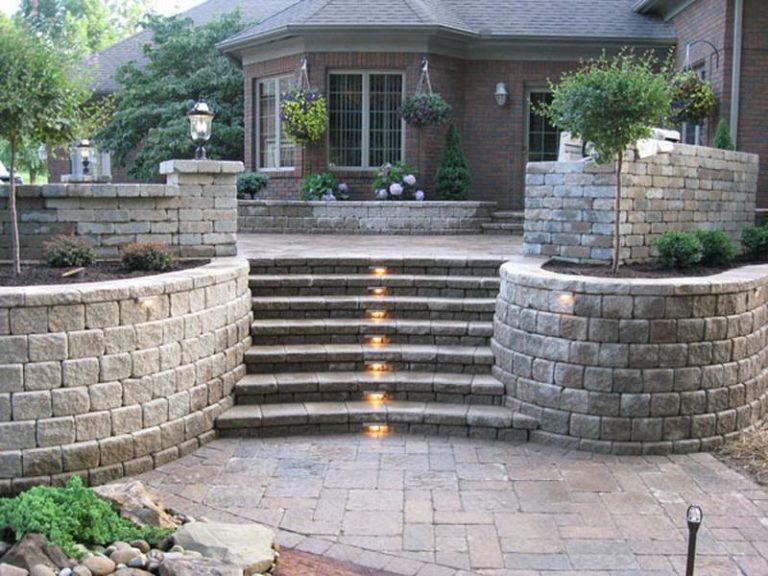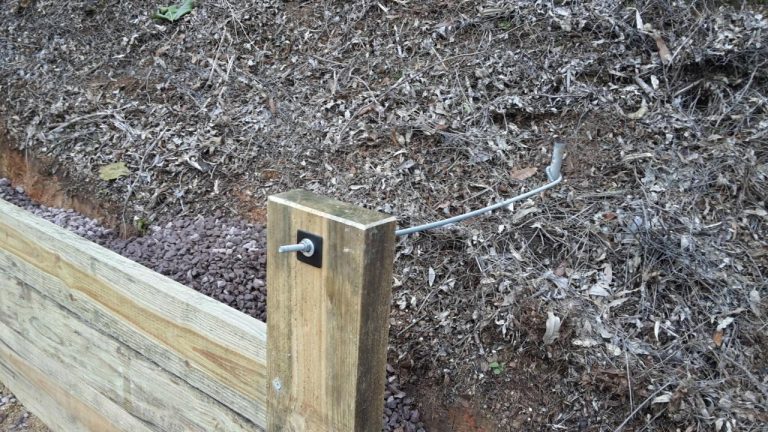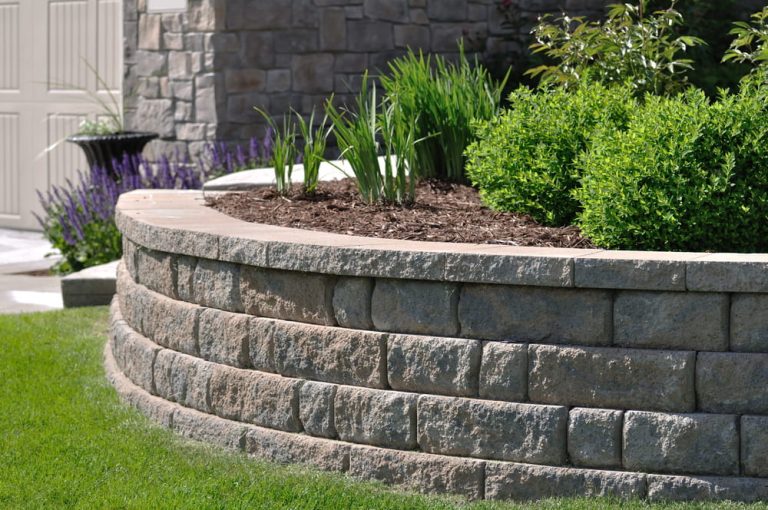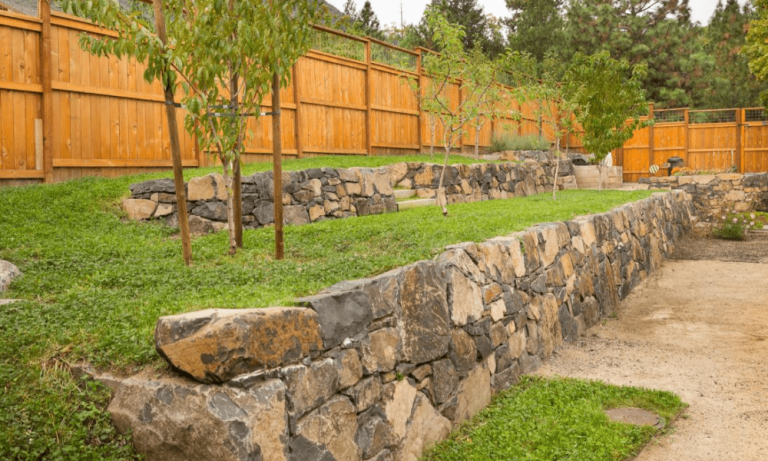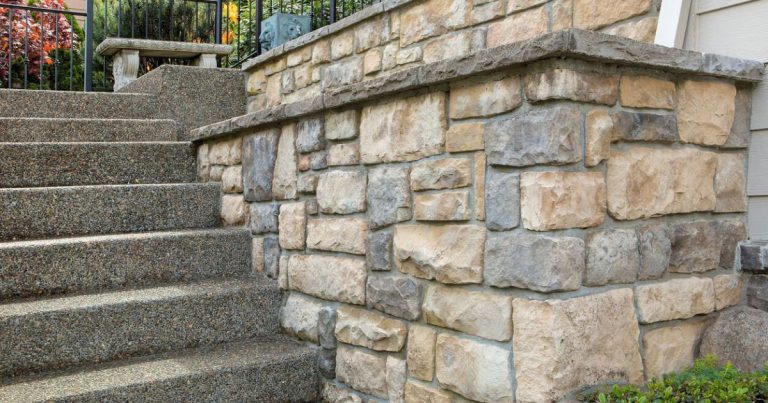Concrete Block Wall Contractors Near Me Your Guide
Concrete block wall contractors near me are essential for any construction project. This guide provides a comprehensive overview, helping you navigate the process of finding, hiring, and managing a project from start to finish. From choosing the right contractor to understanding project costs, we’ll cover it all, ensuring you make informed decisions every step of the way.
We’ll explore key aspects of concrete block wall construction, including finding local contractors, understanding project specifics, estimating costs, and crucial considerations for a successful outcome. Expect practical advice and helpful insights to streamline your search and project planning.
Finding Local Contractors: Concrete Block Wall Contractors Near Me
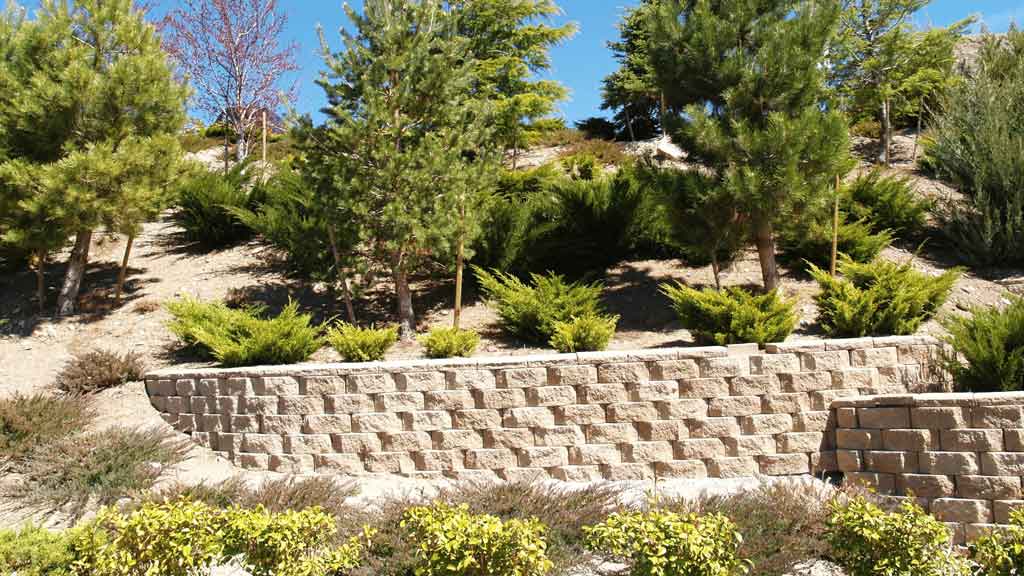
Source: dcmasonrycontractor.com
Finding the right concrete block wall contractor can be a crucial step in any construction project. Understanding the process, asking the right questions, and researching reputable contractors can significantly impact the success of your project. Thorough preparation and due diligence are essential to ensuring a smooth and satisfactory outcome.
A well-chosen contractor brings expertise, experience, and a commitment to quality workmanship. This often translates to a more efficient construction process, reduced potential for errors, and a finished product that meets or exceeds expectations. Knowing how to evaluate potential contractors empowers you to make an informed decision.
Questions to Ask Potential Contractors
Thorough questioning helps in assessing the contractor’s competence and suitability for your project. Asking specific questions demonstrates your proactive approach and helps in making an informed decision.
- What is your experience with concrete block wall construction, and what types of projects have you completed? This helps gauge their proficiency and whether their expertise aligns with your needs.
- What is your approach to project management and communication? Understanding their organizational skills and communication style is essential for a smooth project execution.
- What are your pricing structures and payment terms? Understanding these details upfront avoids potential misunderstandings or surprises during the project.
- Can you provide references from previous clients for similar projects? Checking references gives insight into the contractor’s past performance and reputation.
- What are your safety protocols and procedures? A contractor committed to safety is a valuable asset.
Common Services Offered
Concrete block wall contractors typically offer a range of services. Knowing these services can help you determine if a particular contractor meets your specific needs.
- Design and planning: Many contractors provide design consultation and help you develop a plan that aligns with your vision and budget.
- Material sourcing and supply: Contractors often manage material procurement, potentially saving you time and effort.
- Construction and installation: This includes the actual construction of the concrete block wall, ensuring it is built to code and your specifications.
Finding Contractors Near Me
Several online resources can help you locate contractors near you. Leveraging these tools can save time and effort in your search.
- Online business directories: Sites like Yelp, Google My Business, and industry-specific directories provide a database of local businesses, including contractors. Searching for “concrete block wall contractors near me” on these platforms can yield a list of potential contractors.
- Contractor review websites: Websites dedicated to contractor reviews can provide valuable insights into the quality of work and reliability of different contractors.
- Recommendations and referrals: Networking with friends, family, and colleagues can lead to recommendations for reputable and trustworthy contractors.
Contractor Rating Website Comparison, Concrete block wall contractors near me
Comparing different contractor rating websites can help you assess the quality of service and reliability.
| Website | Average Rating | Reviews | Response Time |
|---|---|---|---|
| Contractor A | 4.5 out of 5 stars | Over 100 reviews | Within 24 hours |
| Contractor B | 4.2 out of 5 stars | Over 50 reviews | Within 48 hours |
| Contractor C | 4.8 out of 5 stars | Over 200 reviews | Within 24 hours |
Note: These are hypothetical examples, and specific ratings and response times may vary based on the contractor and the website. Always verify information directly with the contractor and review their portfolios.
Understanding Concrete Block Wall Projects
Concrete block walls are a popular choice for residential and commercial construction due to their durability, affordability, and versatility. They offer a strong foundation for various structures and can be customized to meet specific design needs. Understanding the steps, types, and comparisons involved in a concrete block wall project is crucial for homeowners and contractors alike.
Concrete block walls, like other construction projects, involve a series of well-defined steps. A typical project usually starts with site preparation, followed by the foundation’s establishment, formwork creation, block laying, and finishing touches like mortar application and wall treatments. Thorough planning and execution at each stage are essential for a successful outcome.
Typical Steps in a Concrete Block Wall Project
Careful planning and execution at each stage are critical for a successful outcome. These steps generally include site preparation, foundation work, formwork setup, block laying, mortar application, and finishing touches.
- Site preparation involves clearing the area, leveling the ground, and marking the designated wall boundaries.
- Foundation work establishes a stable base for the wall, preventing settlement and ensuring structural integrity. This includes excavating the area, pouring concrete footings, and ensuring proper drainage.
- Formwork creation involves building temporary wooden frames to define the wall’s shape and support the blocks during construction.
- Block laying is the core process, where individual blocks are carefully positioned and secured with mortar.
- Mortar application binds the blocks together, filling gaps and ensuring a strong, watertight wall. Various mortar types offer different strengths and properties.
- Finishing touches encompass activities like applying wall treatments (e.g., stucco, paint), installing any necessary reinforcements (rebar), and completing any required inspections.
Types of Concrete Block Walls
Concrete block walls come in various forms, each with unique characteristics and applications.
- Standard Concrete Block Walls are the most common type. They are relatively straightforward to construct, offering good strength and durability. Applications range from residential fencing to interior load-bearing walls in buildings. Their relatively low cost makes them a popular choice.
- Reinforced Concrete Block Walls incorporate steel reinforcement (rebar) within the concrete blocks. This significantly enhances the wall’s strength and load-bearing capacity, making it suitable for high-stress applications such as retaining walls or load-bearing structural walls in multi-story buildings.
- Cavity Concrete Block Walls feature a hollow space between two layers of blocks. This cavity improves thermal insulation, reducing energy consumption and providing a quieter environment. They are commonly used in residential construction to enhance energy efficiency and acoustic performance.
Concrete Block Walls vs. Other Wall Options
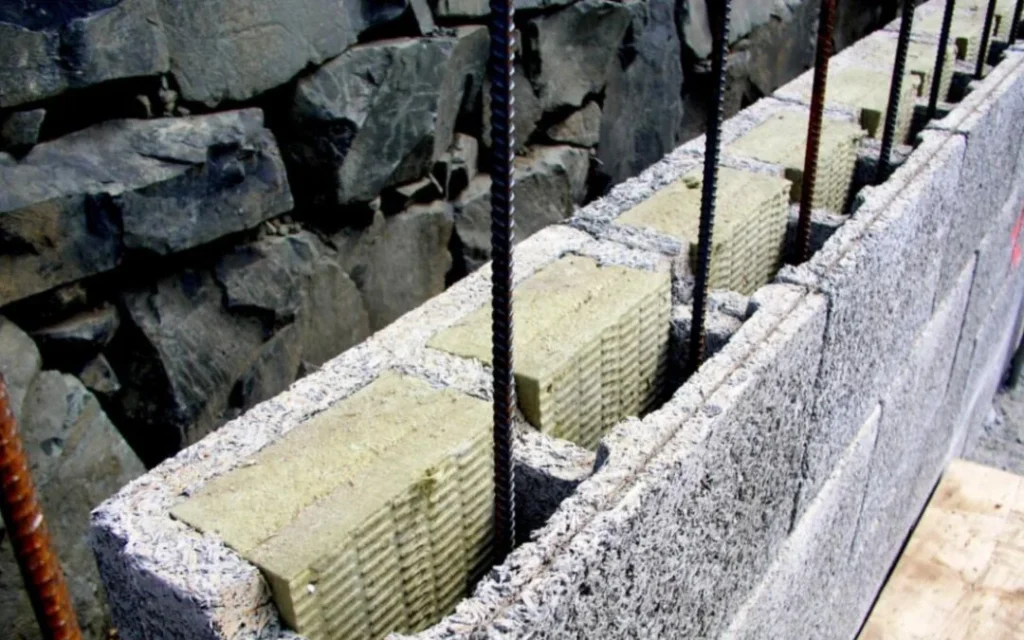
Concrete block walls are a versatile option, but other materials also offer distinct advantages and disadvantages.
- Brick Walls, for example, offer a traditional aesthetic, but they are often more expensive and require more specialized labor.
- Stone Walls provide a natural look but can be challenging to install and often require specialized knowledge and equipment.
- Drywall is a relatively inexpensive option for interior walls, but it lacks the structural integrity of concrete block walls.
Concrete block walls generally excel in strength and durability, making them suitable for various applications, from residential to commercial. However, they might not always be the most aesthetically pleasing option compared to other materials.
Estimated Costs and Timelines for Concrete Block Wall Projects
Project costs and timelines vary depending on the size and complexity of the project.
| Project Feature | Small Project (e.g., 10-foot wall) | Large Project (e.g., 50-foot wall) |
|---|---|---|
| Materials | $1,500 – $2,500 | $7,500 – $12,000 |
| Estimated Costs | $3,000 – $5,000 | $15,000 – $25,000 |
| Project Timelines | 2-4 days | 5-10 days |
Note: These are estimated ranges and can vary significantly based on local material costs, labor rates, and project specifics.
Estimating Costs and Budgeting
Knowing the potential costs involved in a concrete block wall project is crucial for successful planning and execution. This section provides a breakdown of factors impacting pricing, common cost breakdowns, and strategies for securing competitive bids. Accurate budgeting helps avoid costly surprises and ensures the project stays on track.
Understanding the factors that influence the cost of a concrete block wall project is vital for creating a realistic budget. These factors, often interconnected, contribute significantly to the overall expense.
Factors Influencing Concrete Block Wall Construction Costs
Several factors significantly impact the price of concrete block wall construction. These include the size and complexity of the wall, the materials used, the labor costs in the area, and any required permits or site-specific conditions. The type of concrete block (e.g., standard, decorative), the need for specialized finishes (e.g., stucco, paint), and the extent of any associated landscaping or site preparation all contribute to the final cost.
Common Cost Breakdowns for Concrete Block Wall Projects
Concrete block wall projects typically fall into these cost categories:
- Materials: This includes the cost of concrete blocks, mortar, reinforcement materials (if needed), and any additional finishing materials. The quantity of materials directly correlates with the project’s dimensions and the complexity of the wall’s design. For instance, a larger wall requiring more blocks will have a higher material cost.
- Labor: Labor costs are heavily dependent on the complexity of the project and the local labor market. Factors such as the required installation time, the expertise needed, and the level of site preparation impact labor costs. A project requiring specialized skills (e.g., for intricate designs) will involve higher labor expenses.
- Permits and Inspections: Depending on local regulations, permits and inspections can add to the overall cost. These costs are usually a fixed fee, but the duration of the permitting process can affect the project’s overall schedule, potentially impacting labor and material costs.
Methods for Obtaining Multiple Bids for Concrete Block Wall Construction
Getting multiple bids is essential for securing the best possible price. Here are some effective strategies:
- Networking: Reach out to contractors you know or have worked with in the past. They might have referrals or insights into competitive pricing in your area.
- Online Platforms: Utilize online platforms dedicated to finding contractors. These platforms often allow you to filter by location and project type, making it easier to compare quotes and get a broader perspective.
- Professional Referrals: Consult with architects, general contractors, or real estate agents for recommendations of reputable concrete block wall contractors in your area.
Concrete Block Wall Project Budget Example
| Item | Estimated Cost |
|---|---|
| Labor | $5,000 – $10,000 |
| Materials (Concrete Blocks, Mortar, etc.) | $3,000 – $6,000 |
| Permits and Inspections | $200 – $500 |
| Contingency (Unexpected Expenses) | $500 – $1,000 |
| Total Estimated Budget | $9,200 – $17,500 |
Note: These figures are estimates and will vary depending on the specific project details. Always get detailed quotes from contractors for accurate pricing.
Key Considerations and Best Practices
Choosing the right concrete block wall contractor and ensuring a well-executed project requires careful consideration of various factors. Understanding these factors, from contractor selection to maintenance, will contribute to a successful and lasting wall. Proper planning and execution are paramount for achieving the desired outcome.
Important Considerations When Choosing a Contractor

Selecting a reputable contractor is crucial for a successful concrete block wall project. Several factors warrant careful attention. A contractor’s experience and proven track record are key indicators of their competence. Verify their experience with similar projects, particularly ones that involved the same materials and complexities as your planned project. A thorough understanding of local building codes and regulations is essential to avoid potential issues during the project’s execution. Reviewing the contractor’s licensing and insurance details is also vital, as it ensures legal compliance and protects your investment. Seek references from past clients and evaluate their feedback to gain insight into the contractor’s work ethic and reliability.
Importance of Permits and Inspections
Permits and inspections are essential components of any construction project, especially concrete block walls. Obtaining necessary permits ensures compliance with local building codes and regulations, which are crucial for safeguarding public safety and ensuring the project’s structural integrity. Inspections, conducted by authorized officials, verify that the work adheres to the specified codes and standards. This process guarantees that the wall is constructed correctly and meets all safety requirements. Non-compliance with permits and inspections can result in project delays, fines, and potential legal ramifications. It’s prudent to consult with local authorities regarding the specific permit requirements for your project.
Best Practices for Maintaining Concrete Block Walls
Proper maintenance is essential to preserving the longevity and aesthetic appeal of concrete block walls. Regular cleaning is crucial to removing dirt, debris, and mildew, which can compromise the wall’s appearance and potentially lead to deterioration. Using appropriate cleaning solutions and techniques, as outlined by the manufacturer of the block, is vital to avoid damaging the wall’s surface. Protecting the wall from extreme weather conditions, such as heavy rain, frost, and prolonged sun exposure, is another key element. Implementing protective measures like sealing or waterproofing can significantly extend the wall’s lifespan. Addressing any cracks or damages promptly is crucial to prevent further deterioration and structural issues. This often involves contacting a qualified contractor for repairs.
Comparison of Concrete Block Finishes
| Finish Type | Durability | Maintenance Requirements | Cost | Aesthetics |
|---|---|---|---|---|
| Smooth | High | Low (regular cleaning) | Medium | Modern, clean |
| Stucco | High | Moderate (periodic cleaning, touch-ups) | Medium-High | Variety of styles |
| Brick Veneer | High | Moderate (periodic cleaning, addressing damage) | High | Traditional, elegant |
| Stone Veneer | High | Moderate (periodic cleaning, addressing damage) | High | Natural, rustic |
Note: Durability ratings are relative and can vary based on specific block types, installation quality, and environmental factors. Costs are estimated and may vary depending on location and material availability.
Last Point
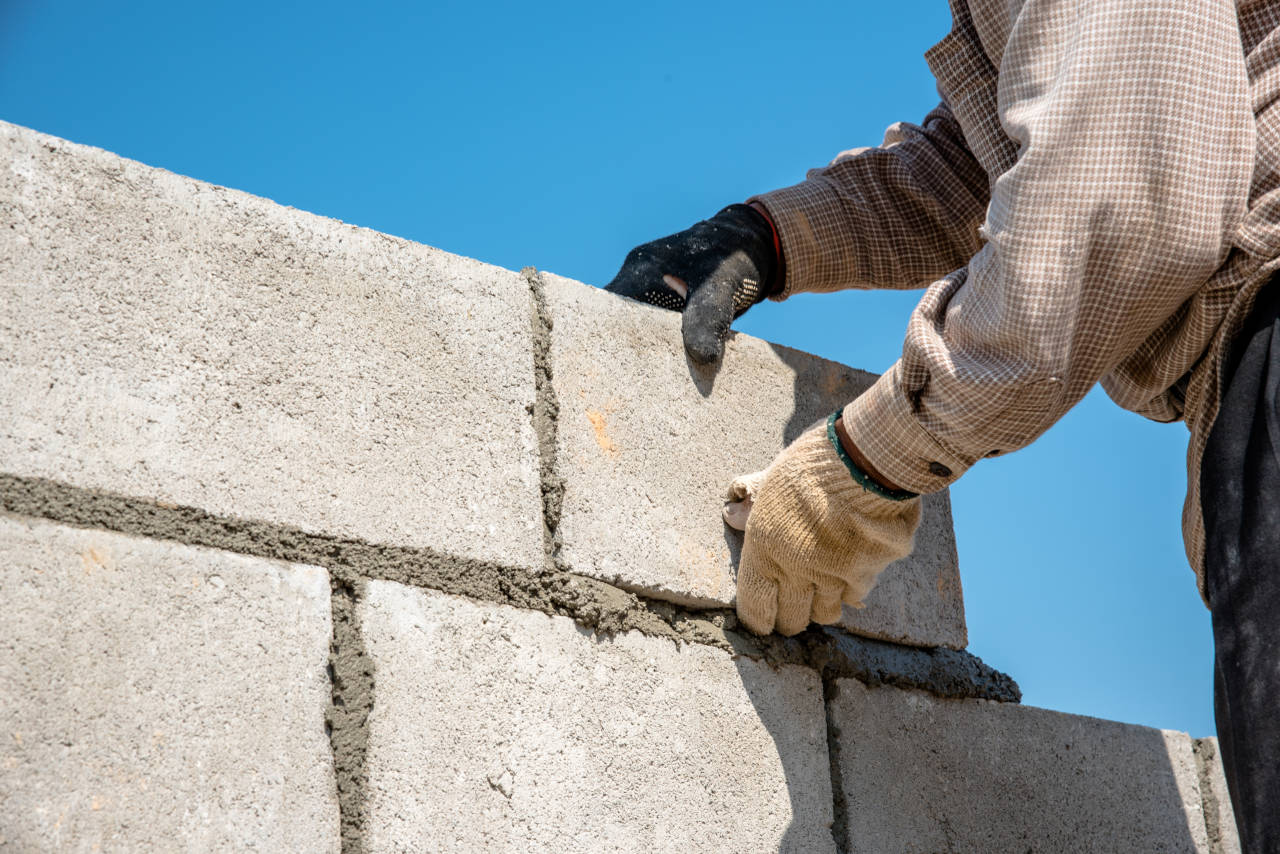
Source: inchcalculator.com
In conclusion, finding the right concrete block wall contractors near you is a critical step in any construction project. This guide has provided a roadmap, equipping you with the knowledge and tools to make well-informed choices. By understanding the steps involved, the costs, and the considerations, you’ll be well-positioned for a successful and satisfying construction experience. Remember to thoroughly research, ask questions, and prioritize communication with your chosen contractor throughout the process.
